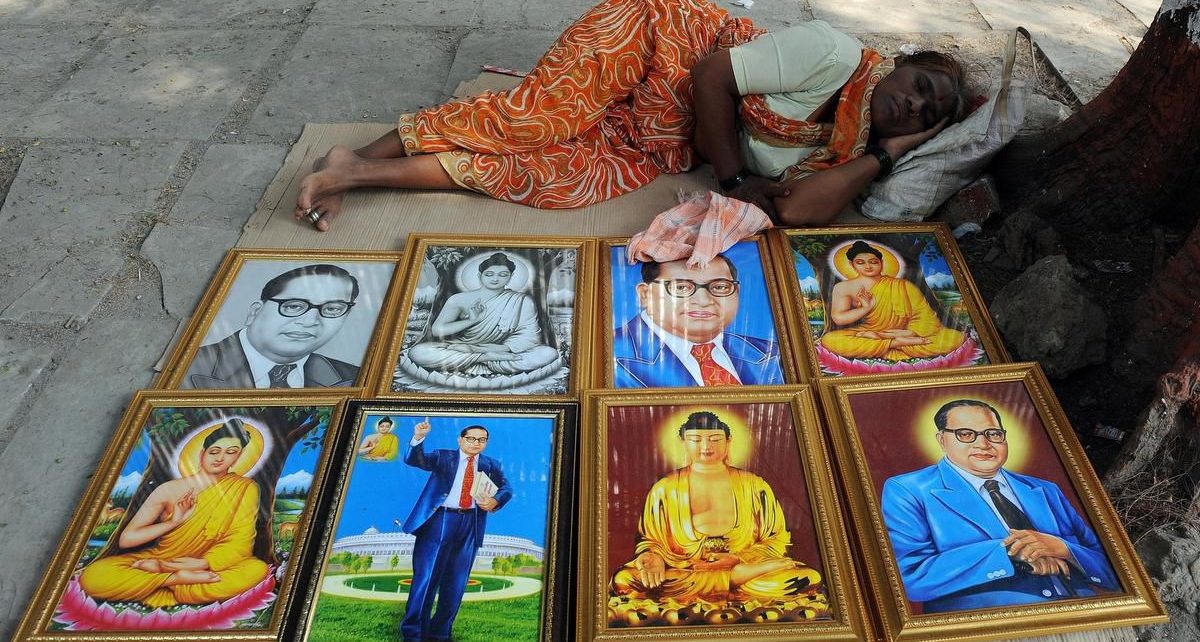This much is for sure: there’s no dearth of injustices around the world. But just when you tackle the proverbial elephant, up pops this logical fallacy: “What about that other bit here, what about that bit there?”
When I, as a Canadian from India, write about racism and white supremacy, the predictable question is, “But what about the caste system?”
Well, what about it? And what is the commenter doing to dismantle it, or any set of unjust hierarchies?
The caste system has astounding parallels to white supremacy, except it’s even older. It’s the same violent and heritable hierarchy that enforces the creation of an impoverished class, builds societies and prosperity for some on the backs of those it stamps down and then blames them for their own marginalization.
I am a beneficiary of this system. These are the complex contradictions that some of us hold as we navigate and nudge a system towards genuine egalitarianism.
According to Merriam-Webster, “whataboutism” is a rhetorical device that “is not merely the changing of a subject (‘What about the economy?’) to deflect away from an earlier subject as a political strategy; it’s essentially a reversal of accusation, arguing that an opponent is guilty of an offence just as egregious or worse than what the original party was accused of doing, however unconnected the offences may be.”
Another predictable whataboutism is, “What about Black crime?”
Well, what about it? And what are the commenters doing beyond looking at crime stories, Black skin and going one plus one equals the same old tired tropes?
It’s an ahistorical view that discounts the root causes of the violence and is usually raised to suggest Black people are inherently criminal, or that they are architects of their own oppression.
Like as if, since the end of slavery, Black people in the U.S. and Canada have been given job opportunities, quality education, access to housing, equitable health services, and fair treatment by law makers and lawkeepers.
Given that background, what we should marvel at is the ongoing resilience of Black people who excel despite these conditions.
There are many more convenient whataboutisms.
Some create false equivalences: “What about the Indigenous people who were killing each other?” As if internecine warfare is the same as the violence of colonization.
Others are irrelevant. “What about how women are treated in the Middle East?” As if that should impact how Canada treats its women from different backgrounds: “What about FGM?”
“What about slavery in Africa’s past?”
“What about Irish history here?”
All these topics can be addressed in detail — many have been on these pages and elsewhere — but it’s never enough to satisfy the next person who doesn’t care to educate themself but feels entitled to answers to the same questions, again and again.
Sometimes, however, legitimate questions on context, holding the powerful to account and challenging falsehoods can be falsely labelled as whataboutism.
Waging international war on the pretext of rescuing local populations from human rights violations, for instance: “What about the human rights violations you will enact there? What is your accountability?”
A political party claiming to be a friend of Indigenous people: “What about your record on pipelines or policies on access to drinking water? What about your leader asking Indigenous people to leave their reserves?”
A person who uses “race is a social construct” as a tool to dismiss the existence of racism: “What about” — and there is literally an embarrassing richness of data to pick from to show the real life, detrimental, even fatal effects of racism.
True whataboutism, however, is just a trolling tactic, a means to deflect from the original point and dictate the terms of discussion.
To stay on point, the best answer to such a “what about” is: “Don’t change the subject.”
Shree Paradkar is a columnist based in Toronto covering issues around race and gender. Follow her on Twitter: @ShreeParadkar






